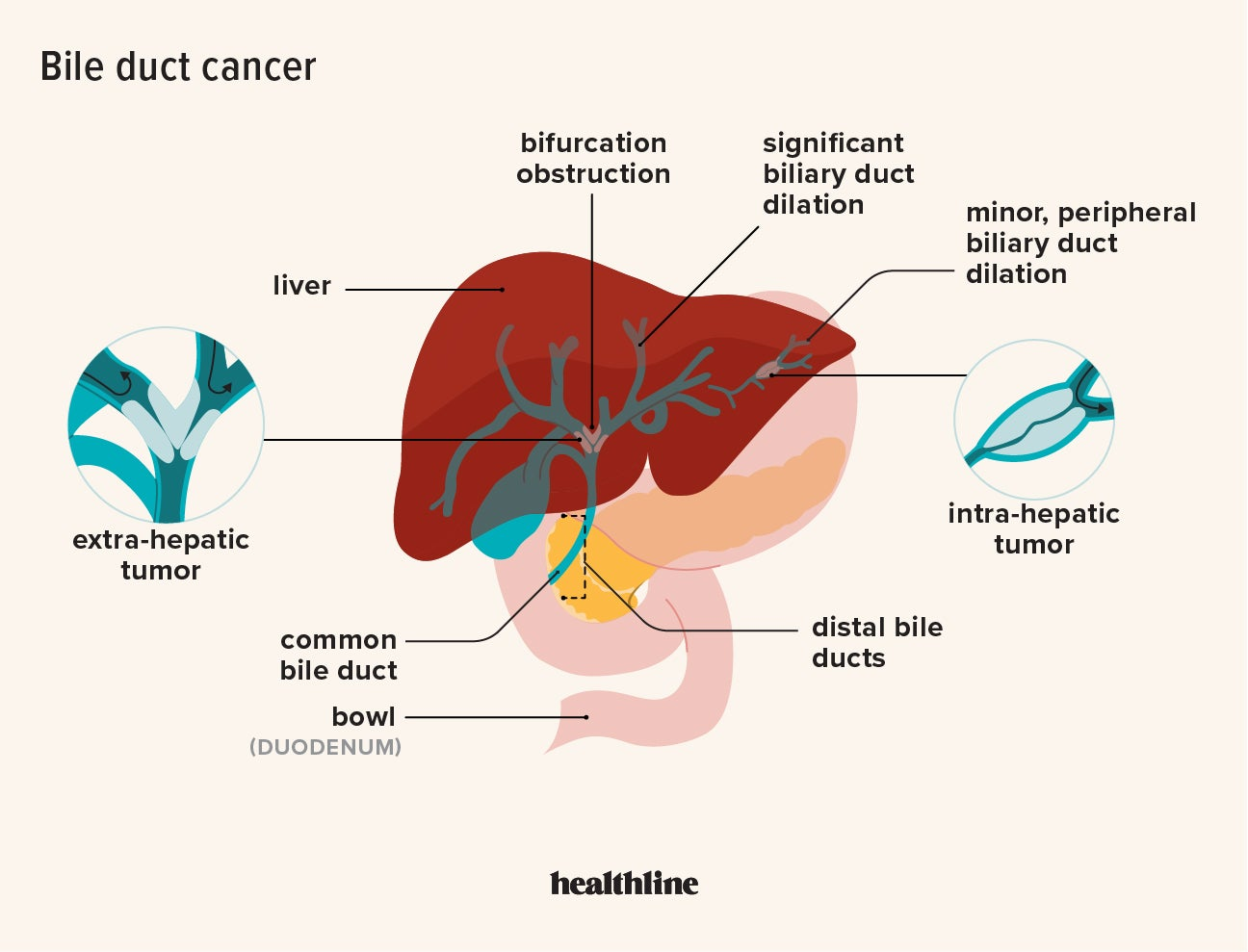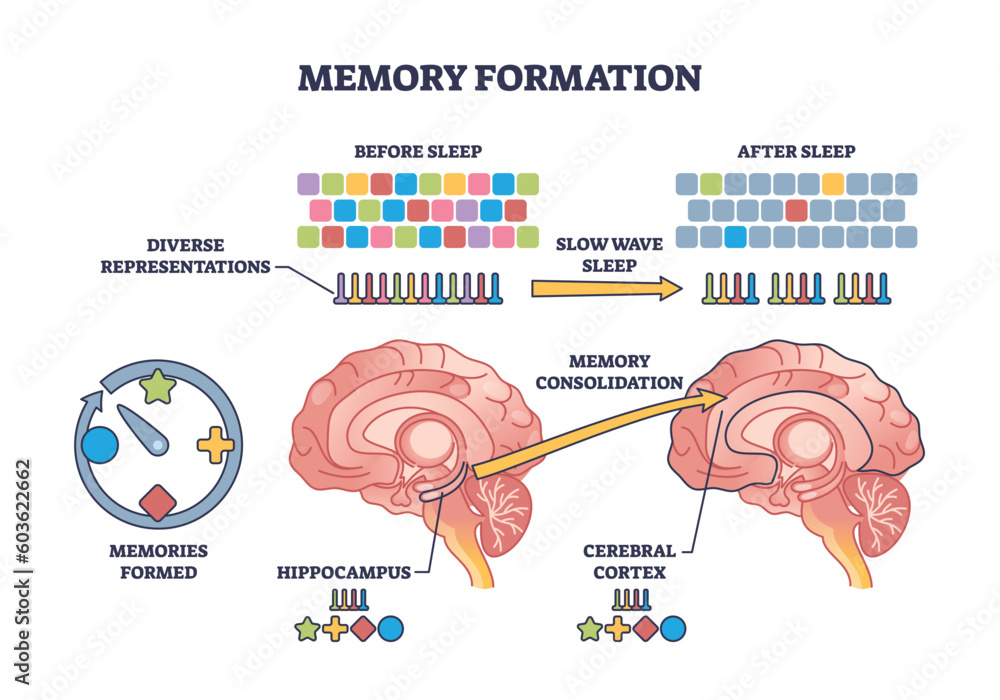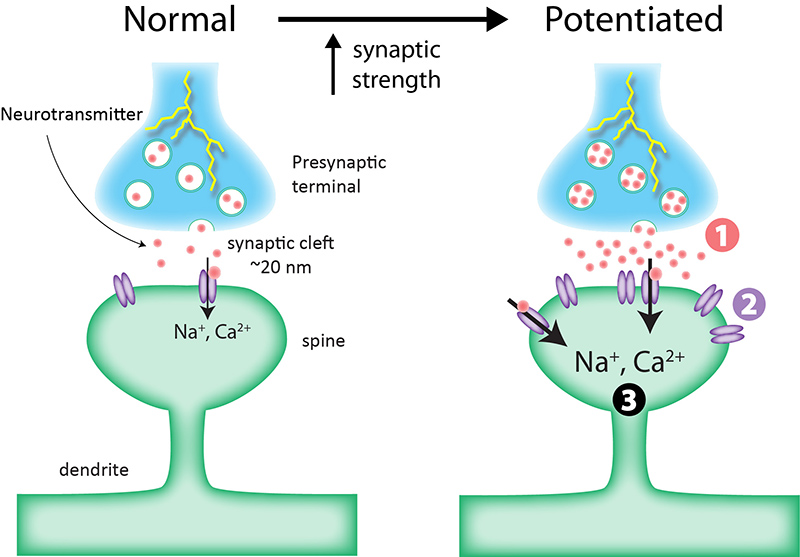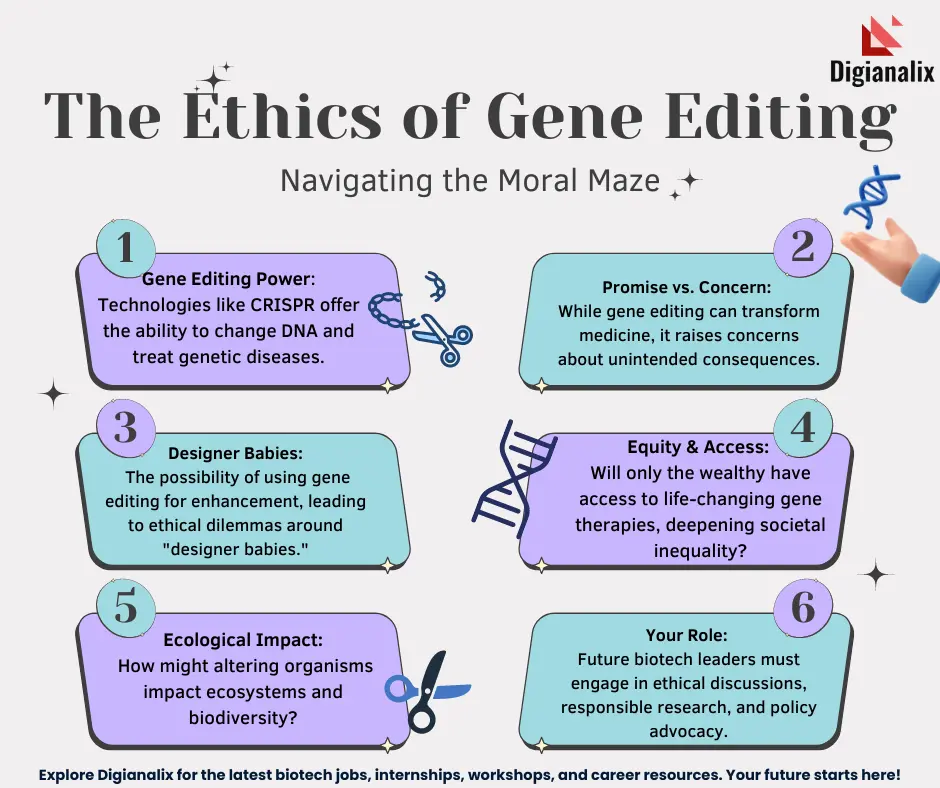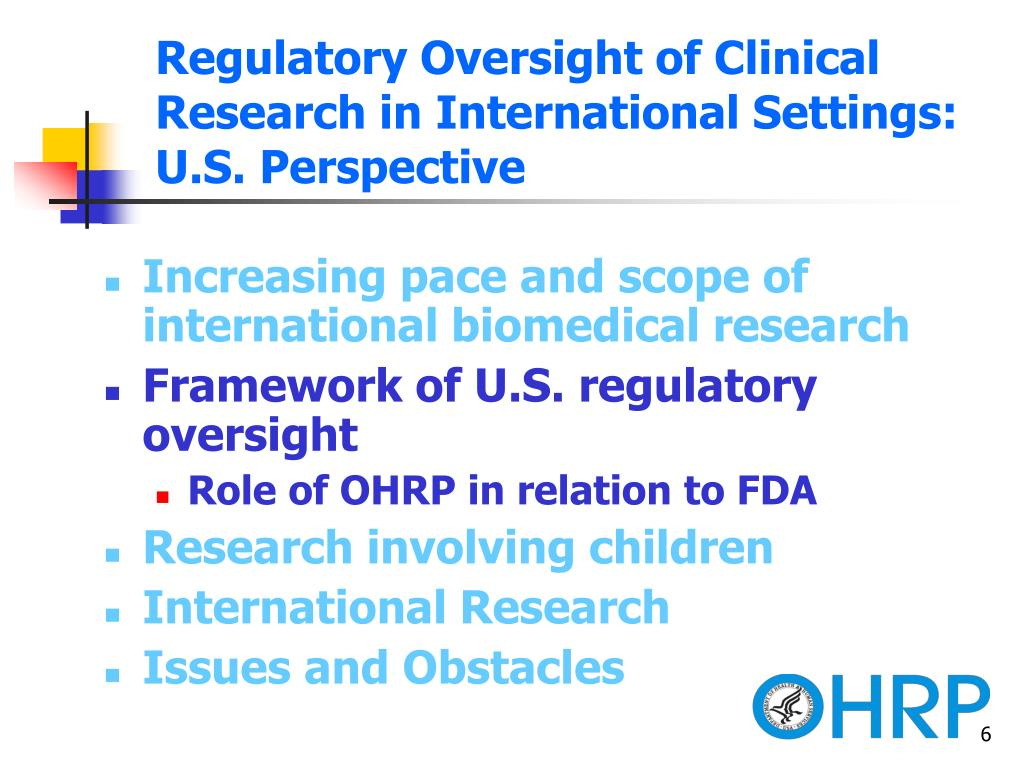
Eating citrus and depression may not be the first connection that comes to mind when discussing mental health, but emerging research suggests a fascinating link between the two. Recent studies indicate that consuming citrus fruits, such as oranges, could potentially reduce the risk of depression by up to 20%. This surprising effect could be attributed to the way these fruits stimulate the growth of beneficial gut bacteria, including *Faecalibacterium prausnitzii* (F. prausnitzii), which play a crucial role in serotonin and dopamine production—key neurotransmitters that influence mood. Incorporating citrus fruits into a mental health diet may offer a natural approach to combatting depression, highlighting the importance of understanding citrus fruits benefits in promoting mental well-being. As researchers delve deeper into the gut-brain connection, the implications for managing and preventing depression through dietary changes become increasingly compelling.
The relationship between citrus consumption and mental well-being provides an intriguing perspective on how our dietary habits can affect emotional health. Many people are exploring ways to enhance their mood naturally, and including citrus fruits in their daily diet may be an effective strategy. The concept of a mental wellness diet has gained traction, encouraging individuals to consider how specific foods can boost emotional resilience. With the gut-brain interaction at play, the need for alternative approaches to reduce depression naturally has never been more apparent. Studies on beneficial gut bacteria like *F. prausnitzii* underscore the importance of dietary choices in fostering a healthier mind.
The Link Between Citrus Fruits and Depression
Recent research has uncovered a potential link between citrus fruit consumption and a reduced risk of depression. A study led by Raaj Mehta at Harvard Medical School found that eating just one medium orange a day could lower depression risk by approximately 20%. This finding is significant as it highlights the importance of specific foods in managing mental health. While dietary habits are often discussed in the context of physical health, Mehta’s study emphasizes that they also play a crucial role in emotional well-being, suggesting that citrus could be a natural alternative in preventing depressive symptoms.
Citrus fruits, such as oranges, are not only refreshing but are also packed with essential nutrients that contribute to improved gut health. The research suggests that the consumption of citrus stimulates the growth of beneficial gut bacteria, specifically *Faecalibacterium prausnitzii* (F. prausnitzii), which has been associated with enhanced mood regulation through neurotransmitter production. As our understanding of the gut-brain connection deepens, the role of dietary choices, particularly citrus, emerges as a vital component in the conversation surrounding mental health.
Understanding the Gut-Brain Connection
The gut-brain connection is an increasingly explored area of study that reveals how our digestive health can significantly influence our mental well-being. The gut microbiome, home to trillions of bacteria, plays a crucial role in producing neurotransmitters like serotonin and dopamine, which are essential for mood regulation. Studies have shown that a healthy gut population, supported by foods like citrus that promote the growth of good bacteria, is linked to lower risks of depression.
Research has demonstrated that optimizing gut health can contribute to reducing anxiety and depression naturally. By consuming a diet enriched with fruits and vegetables—especially citrus—individuals can foster a microbiome that supports the production of feel-good neurotransmitters. The effects of citrus on *F. prausnitzii* population expansion exemplify the profound impact certain foods can have on our brain health and overall mental state.
Natural Approaches to Reduce Depression
With the growing interest in natural methods for managing mental health conditions, incorporating citrus fruits into one’s diet emerges as a viable strategy. Unlike traditional antidepressants, eating citrus has no significant side effects, making it an appealing option for individuals seeking preventative measures against depression. The idea of using food as medicine is gaining traction, and scientific studies support the notion that the right dietary choices can enhance mood and emotional stability.
Integrating citrus fruits into a mental health diet can be a simple yet effective step toward reducing depression risk. By focusing on such wholesome foods, individuals can address not only their nutritional needs but also nurture their mental health. The potential of a daily citrus intake underscores the need for further research into food-related therapies which could complement existing mental health treatments.
Benefits of Citrus Fruits for Mental Health
Citrus fruits are widely known for their high vitamin C content and antioxidant properties, both of which are key to maintaining overall health. However, recent investigations have revealed that their benefits extend beyond physical wellness to encompass mental health. The presence of flavonoids in citrus fruits has been linked to improved cognitive function and a reduction in depressive symptoms, suggesting that enjoying a daily orange might be more beneficial than previously understood.
The benefits of citrus fruits can also be tied to their role in supporting the gut microbiome. As the research indicates, increased consumption of citrus can enhance levels of *F. prausnitzii*, a beneficial bacteria tied to mood enhancement. This reinforces the idea that our dietary choices are intimately connected to our gut health, which in turn impacts our mental state—a critical perspective in both nutrition and psychology.
Exploring Citrus as a Preventative Measure for Depression
Given the encouraging findings surrounding citrus consumption and its preventative potential against depression, healthcare professionals are increasingly scrutinizing dietary recommendations for mental health. Researchers suggest that including citrus fruits in a balanced diet could be a proactive way to support both physical and mental well-being. This evidence highlights a new frontier in nutritional psychiatry, where food choices could mitigate mental health issues before they manifest.
As future studies build upon this initial research, the goal is to better understand how dietary habits may contribute to mental resilience. Exploring the use of citrus as part of a mental health diet not only shines a light on the impact of nutritional choices but also opens the door for broader discussions about food’s role in emotional health management.
The Role of F. prausnitzii in Mental Health
Understanding the specific mechanisms through which citrus consumption aids mental health involves delving into the role of various gut bacteria, particularly *F. prausnitzii*. Studies indicate that this bacterium is abundant in individuals who maintain a healthy gut microbiome and experience lower levels of depressive symptoms. By fostering growth of *F. prausnitzii*, citrus fruits create an optimal environment that may enhance mood and cognitive functions.
The presence of *F. prausnitzii* in higher quantities among individuals who consume citrus implies a connection to the physiological basis of mood regulation. As researchers seek to deepen their understanding of the gut-brain axis, findings like these underscore the necessity for more inclusive dietary recommendations that consider the gut microbiome’s influence on mental health, thus paving the way for natural approaches to alleviate depression.
Comfort Foods and Their Impact on Mental Health
The concept of comfort foods has been around for generations, often associated with nostalgia and emotional relief. Recent studies are beginning to unravel how specific foods, such as citrus, may affect our mood and well-being. Citrus fruits, with their vibrant flavors and refreshing qualities, not only serve to satisfy cravings but also support emotional health by stimulating serotonin and dopamine production, which are critical for maintaining a stable mood.
The comforting nature of citrus may also link back to their health benefits, as consuming these fruits can create positive associations tied to improved mental health. By understanding comfort foods in a broader context, healthcare professionals might better guide individuals to make food choices that not only provide temporary relief but also enhance long-term mental resilience. This reconceptualization of comfort foods emphasizes their potential role in a holistic mental health diet.
The Importance of a Healthy Diet for Mental Well-Being
Adopting a healthy diet rich in various nutrients is undeniably linked to better mental health outcomes. Citrus fruits play a vital role in this equation, as they contribute essential vitamins, minerals, and fiber that support both gut health and emotional stability. Making informed dietary choices not only promotes physical health but can also serve as a foundation for emotional resilience and overall well-being.
Integrating a variety of fruits, including citrus, can create a nutritionally balanced perspective on mental health. This approach aligns perfectly with a comprehensive wellness strategy that addresses both physiological and psychological needs. A mental health diet that emphasizes foods like citrus can serve as powerful preventive measures against the rising tide of depression and anxiety.
Future Directions in Researching Diet and Mental Health
As studies highlighting the connection between diet and mental health gain momentum, the future of nutritional research appears promising. The intriguing relationship between citrus consumption and reduced depression risk offers a profound starting point for further exploration. Future research will likely delve deeper into the specific mechanisms through which citrus and other dietary components influence mental health, particularly through their impact on the gut microbiome.
By investing in clinical trials that focus on dietary interventions, researchers can aim to validate the findings surrounding citrus and its mental health benefits. Such studies could unveil practical applications for using food as a preventive measure and treatment adjunct in managing depression. The potential for dietary changes to enhance mental health suggests a paradigm shift in the approach to psychological well-being.
Frequently Asked Questions
How does eating citrus affect depression risk?
Eating citrus fruits, such as oranges, may lower the risk of depression by approximately 20%. This effect is attributed to the stimulation of *F. prausnitzii* growth in the gut, which plays a crucial role in producing neurotransmitters like serotonin and dopamine, known to enhance mood and contribute to mental well-being.
What is the gut-brain connection related to citrus and mental health?
The gut-brain connection highlights how our gut microbiome, including beneficial bacteria like *F. prausnitzii* influenced by citrus consumption, directly affects our mood. A healthy gut microbiome can enhance neurotransmitter production, thereby potentially reducing depression symptoms naturally.
Can eating citrus reduce depression naturally?
Yes, incorporating citrus fruits into your diet may help reduce depression naturally. Research indicates that consuming a medium orange daily is linked to a lower risk of depression, benefiting mental health through the positive effects of gut bacteria.”},{
| Key Point | Details |
|---|---|
| Citrus and Depression Risk | Eating one orange a day may reduce the risk of depression by 20%. |
| Gut-Brain Connection | Citrus consumption stimulates the growth of *F. prausnitzii*, a gut bacterium linked with better mood regulation through neurotransmitters. |
| Study Background | Based on the Nurses’ Health Study II involving over 100,000 women, linking diet with health outcomes. |
| Need for Further Research | More studies, including clinical trials, are needed to confirm these findings and explore the effects of citrus on mental health further. |
Summary
Eating citrus and depression are closely linked based on recent findings. The research indicates that consuming an orange a day may lower depression risk by 20%, highlighting the importance of diet in mental health. As we learn more about the relationships between gut bacteria and mood-enhancing neurotransmitters, integrating citrus into daily nutrition may serve as a simple yet effective strategy to enhance mental well-being. Encouraging further exploration into this connection could lead to valuable insights and popularize dietary interventions in managing mental health.

